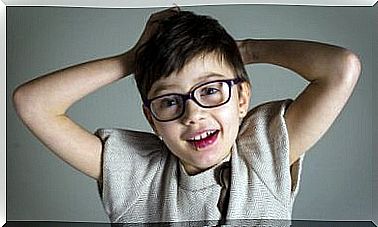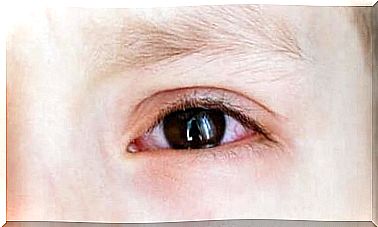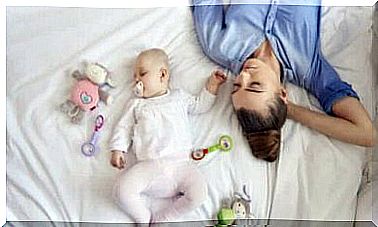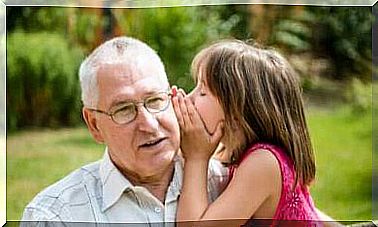Autism: These Forms Of Behavior May Be Signs Of It
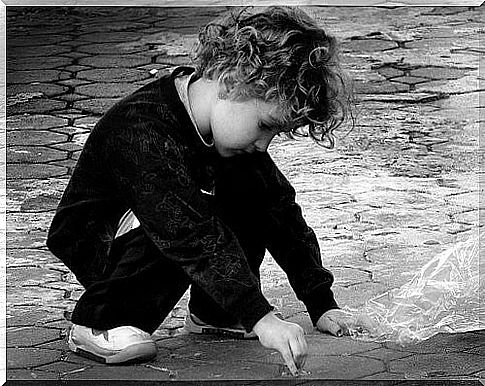
As parents, it is natural to worry about the extent to which our children have health problems. When we talk about autism, it is best to detect it as soon as possible (before the baby is 18 months old). To make the diagnosis, it is important that we first know what the signs of autism are.
If autism is diagnosed later, do not worry. Treatment can still be performed at any time. The effects of the disorder can be significantly reduced so that your child can grow and learn in a healthy way.
What is autism?
Before we talk about the main signs of autism, we must first start by covering basic knowledge about the condition.
Since autism shares many signs and symptoms with other conditions that affect a child’s development, the diagnosis can sometimes be difficult.
In short, autism is known as a group of disorders in brain development, and it has characteristics that are determined by the severity of the disorder.
Autism can manifest itself by making it difficult to interact socially and produce verbal and non-verbal language. Another sign of autism is the performance of repetitive forms of behavior.
Signs of autism in younger children:
The following are actions that children with autism rarely perform:
- They do not make eye contact (when you talk to them, feed them or play with them).
- They do not smile when other people around them smile.
- They do not respond when their name is said or when they hear a familiar voice.
- They do not follow objects that you fan in front of them.
- They do not use gestures to communicate. For example, they do not move their hands when saying hello or goodbye.
- They do not look at objects when you point at them with your hands or other parts of your body.
- They do not make noises to get your attention when there is something they need.
- Sometimes they do not respond to hugs or other loving actions.
- When they play, they do not mimic the movements or facial expressions directed at them.
- They do not lift their arms when they want to be picked up and carried.
- They do not play with others and do not show interest or joy during play.
- Autistic children do not ask for help when they are unable to perform an action themselves.
Warning signs of autism that you should notice according to age group
6 months. They do not smile often, or express joy.
9 months. They do not produce sounds, smiles or facial expressions to communicate.
12 months. They do not respond to their name. They also do not begin to babble (the first stage of oral communication). They do not respond to actions such as pointing and picking things up.
16 months. At this age, they have not yet begun to say words.
24 months. They have not yet begun to compose their first sentences (more than two words).
Signs of autism in children older than 2 years
- They seem disinterested or inattentive to people around them.
- They show no interest in socializing or interacting with others.
- They prefer to avoid touch, to be carried or to be shown love.
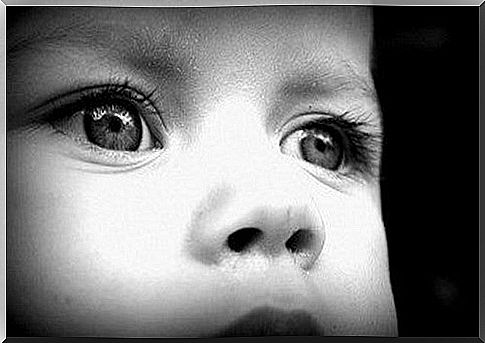
- They usually do not participate in group games. When it’s play time, they do not imitate children their age, and do not use toys in a creative way.
- They have a hard time talking about their feelings.
- It seems like they are not listening when they are spoken to.
- They do not share their achievements or interests with those closest to them.
- They speak in an unusual tone and rhythm.
- Repetition of sentences is also an autism trait at this age.
- Either they repeat it or fail to give a clear answer when asked about something.
- They talk about themselves in the third person.
- They make many grammatical errors when speaking.
- They have a hard time talking about their needs and wants.
- They have difficulty carrying out simple instructions.
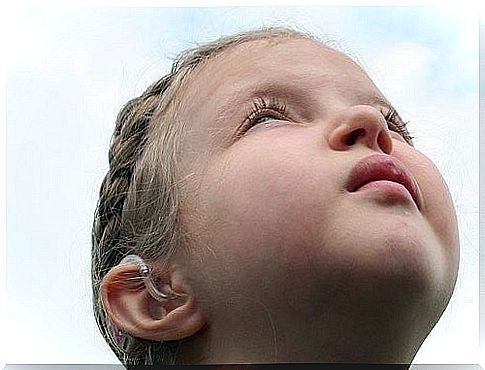
- They avoid eye contact.
- They use facial expressions that do not match what they are saying.
- Their behavior can be robotic in a way, as they do not make gestures when communicating.
- They do not have a good posture.
- They follow a very strict routine.
- They have difficulty adapting to change.
- They arrange things very carefully.





